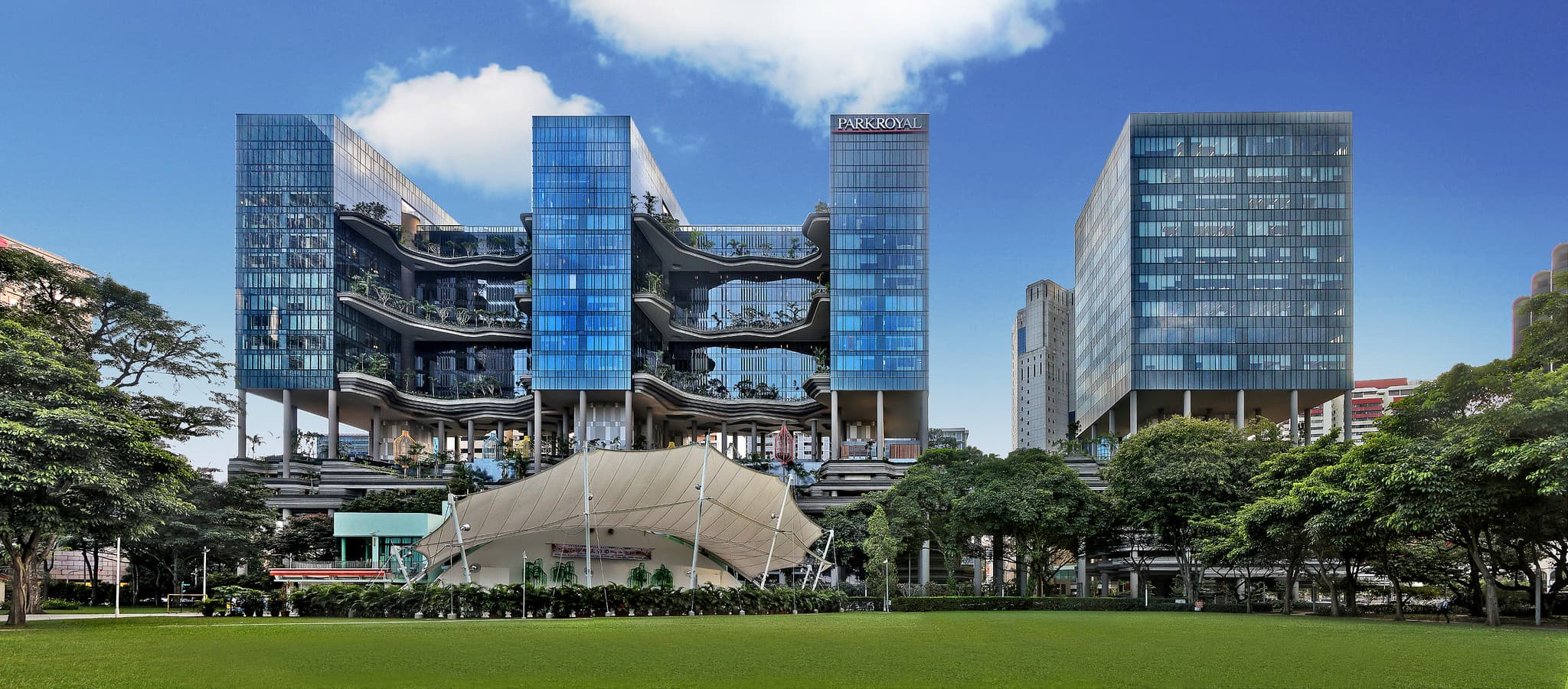Today, cities are home to more than half of the global population, and this number continues to grow rapidly. This increasing urbanization brings significant environmental challenges, affecting both human health and natural ecosystems. Urban areas heavily influence the ecological balance through their infrastructure, resource consumption, and waste generation. Addressing these environmental issues has become crucial to ensuring sustainable urban development and quality of life.
Urbanization and Its Impact on Ecology
Modern cities are becoming genuine hubs of economic growth and technological innovation, but this development has its downside: severe pressure on the environment. Rising amounts of waste, air pollution, and intensive use of natural resources not only negatively affect the environment but also threaten people’s health and life.
The issue of air pollution in cities is especially acute. According to the World Health Organization (WHO), approximately 90% of the global urban population breathes polluted air. Transportation, industrial facilities, and even home heating systems are primary sources of harmful emissions.
However, pollution is not limited to the atmosphere alone. The intense pace of life in metropolitan areas also leads to increased noise pollution. Noise from transportation, construction, and industry significantly worsens both the psychological and physical health of urban residents.
Online Entertainment and Reduced Environmental Pressure
Amid discussions about environmental problems, it is interesting to examine how digitalization and the growth of online entertainment indirectly influence urban ecological conditions. Shifting various leisure activities and entertainment online reduces the need for travel around the city, thereby cutting greenhouse gas emissions from transportation.
Examples include online cinemas and even online casino, which have become popular in recent years among residents of major Hungarian cities such as Budapest, Debrecen, and Miskolc. Being able to play or watch movies without leaving home, even slightly, reduces the load on urban infrastructure and transportation networks. While this is only an indirect effect, even a small decrease in traffic within a large city can positively impact the overall environmental situation.
Solutions to Urban Environmental Problems
To address environmental challenges, cities must actively implement modern technologies and approaches. Improving public transportation infrastructure and promoting cycling and pedestrian movement are essential measures. Budapest, for example, is already demonstrating positive changes in this direction by increasing the length of bicycle paths and car-free zones.
Another way to reduce environmental pressure is the adoption of principles of “green” construction and sustainable development. Cities of the future should not only be economically successful but also ecologically clean and comfortable to live in. Active construction of green buildings using energy-efficient technologies helps reduce resource consumption, thus minimizing negative impacts on nature.
Green Zones and Their Role in Urban Life
We should not overlook the significant role parks, squares, and green zones play in urban ecology. These areas serve not only as places of recreation but also as the lungs of the metropolis, absorbing carbon dioxide and producing oxygen. Hungary, for example, actively invests in the development of green spaces within its cities. Areas such as Budapest City Park and Nagyerdei Park in Debrecen have become beloved spots for urban residents while simultaneously improving environmental conditions.
Moreover, green areas help improve urban microclimates by lowering air temperature during hot periods and retaining moisture in the soil. Such initiatives are not only beneficial to ecology but also represent real methods for combating negative climate change impacts.
Prospects for Ecological Urban Development in Hungary
Hungary is committed to meeting environmental standards and actively participates in international programs aimed at enhancing urban environments. Projects focused on increasing the number of electric vehicles, developing charging station networks, and transitioning to renewable energy sources are currently underway. This is particularly relevant within Europe, which has set ambitious goals to achieve carbon neutrality by 2050.
Environmental education and awareness among the population is another important aspect. The more citizens understand the significance of ecological measures, the more likely they are to actively participate in improving their living environments.
Thus, the intelligent integration of modern technologies, careful stewardship of nature, and rational urban planning will enable Hungary and its cities to pursue sustainable development, harmoniously balancing human needs with environmental care. Only this approach will ensure a bright ecological future for cities, where a comfortable life and the preservation of nature go hand in hand.

